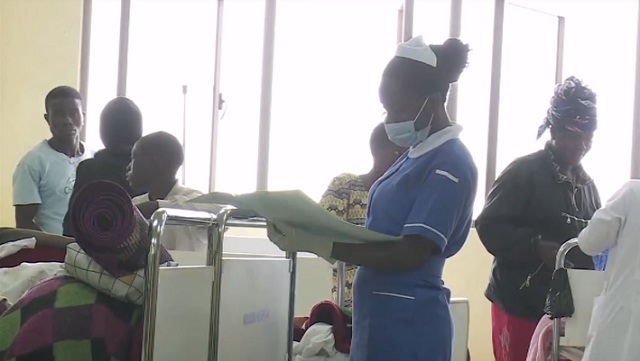
The second effect of the welfare state ideology is on the mentality of our educated elites. Everywhere people complain that government has not done this or that for them. There is very little attempt to take personal responsibility for one’s failures. The mentality that personal advancement is a responsibility of the state rather than the individual is destructive. Someone acquires a bachelors or masters or PhD and comes out believing that this entitles them to a well-paying job. No one pauses to ask whether they have the requisite skills sought by potential employers.
Uganda’s does not have a problem of unemployment. Our people lack the right skills. There is no one with skills, right work ethic and attitude that can increase a company’s bottom-line who can fail to find a job. In fact companies in Uganda are looking for skilled people and they cannot find them. Our companies are importing people from Kenya, Zimbabwe, South Africa and India. How can a country importing labour be suffering from mass unemployment? It is because educated Ugandans believe that one gets a job on the basis of a degree certificate rather than acquisition of skills that are marketable to the companies in our midst.
This brings me to the third point on the effects of the welfare state ideology to the economic transformation we desire. Economic growth cannot be a product of central planning by the state. This is because the knowledge necessary to allocate resources appropriately to serve our wants and needs cannot be centralised. I am inclined to agree with Frederick Von Hayek that to realise the transformation we want, we must always as far as possible seek to rely onspontaneous forces in society i.e. the actions of multitudes of individuals in the marketplace.
The welfare state ideology insists that growth comes from the actions of benevolent individuals in the state largely acting out of kindness and good natured-ness. It is an ideology whose extreme was socialism and communism. And we all know this led to economic ruin. Yet this ideology has remained dominant even in Western capitalist societies in spite of its debilitating effects on many social groups in those countries.
At least rich nations can afford to subsidise those of their citizens who are poor, even though it hurts the beneficiaries of state largesse. But Africa is far too poor to embrace this ideology. It creates very high but unrealistic expectations. When unmet, unrealistic expectations cause social frustrations. In Uganda’s case, this welfare state ideology has cultivated an entitlement mentality in large sections of otherwise productive youths that they should the state owes them jobs even when they don’t have marketable skills.
This mentality is worsened by ambitious politicians. Voters want to be told what they want to hear. Hence politicians are incentivised to perpetuate the myth that the state will provide everyone everywhere with everything.
****
amwenda@independent.co.ug
 The Independent Uganda: You get the Truth we Pay the Price
The Independent Uganda: You get the Truth we Pay the Price


